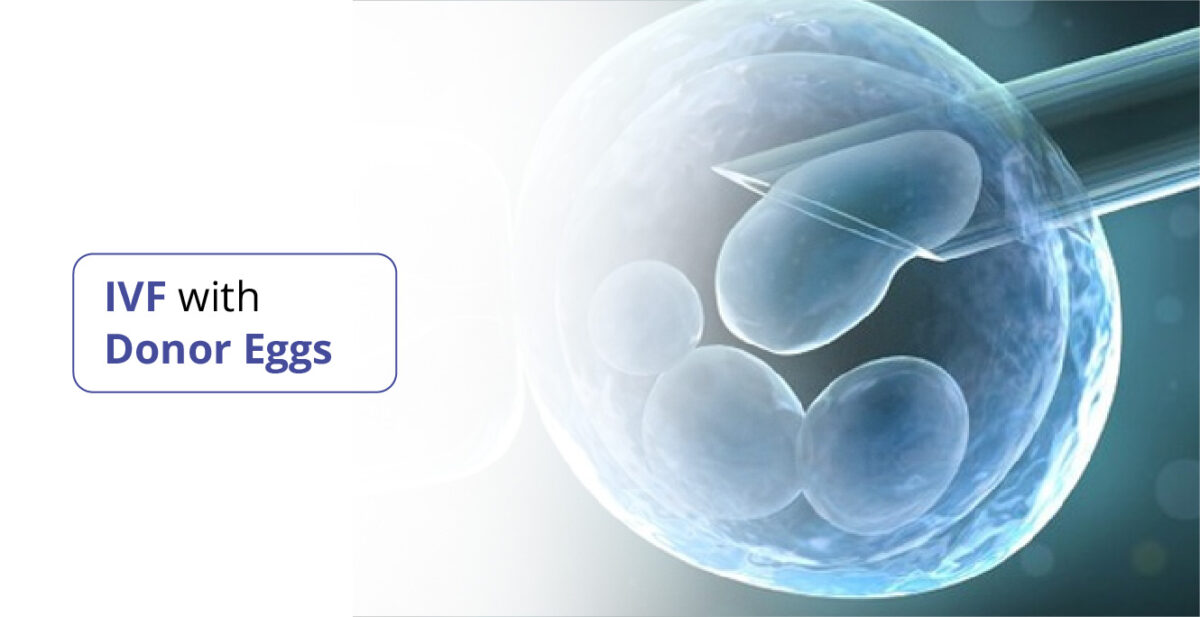Understanding Low Sperm Count and Your Fertility

A low sperm count is a condition where a man produces fewer sperm than normal. It is a common cause of male infertility. While it can be challenging to receive a diagnosis of low sperm count, there are many options available to help couples with this condition conceive.
What is a low sperm count?
A normal sperm count is between 40 million and 320 million sperm per milliliter of semen. A low sperm count is considered to be less than 20 million sperm per milliliter of semen.
What causes a low sperm count?
There are many possible causes of a low sperm count, including:
- Varicocele: This is a condition where the veins in the scrotum become enlarged.
- Infections: Infections of the reproductive system can damage sperm.
- Hormone imbalances: Hormones play a role in sperm production.
- Medications: Some medications can reduce sperm count.
- Lifestyle factors: Smoking, drinking alcohol, and exposure to toxins can damage sperm.
- Age: Sperm quality and quantity decline with age.
- Genetic factors: In some cases, low sperm count is caused by genetic factors.
What are the symptoms of a low sperm count?
The only symptom of a low sperm count is infertility. If you and your partner have been trying to conceive for more than a year and have not been successful, you may want to see a doctor to check your sperm count.
How is a low sperm count diagnosed?
A low sperm count is diagnosed with a semen analysis. This test measures the number, shape, and movement of sperm in a semen sample.
What are the treatment options for a low sperm count?
There are several treatment options for a low sperm count, including:
- Medications: In some cases, medications can help to improve sperm quality and quantity.
- Surgery: If a varicocele or other underlying condition is causing a low sperm count, surgery may be an option.
- Hormone therapy: In some cases, hormone therapy can help to improve sperm production.
- Intrauterine insemination (IUI): This procedure involves injecting sperm directly into the uterus.
- In vitro fertilization (IVF): This procedure involves fertilizing eggs with sperm in a laboratory and then transferring the embryos into the uterus.
- Egg donation: If a woman has a low egg count or other fertility issues, she may consider egg donation. This involves receiving eggs from another woman and then undergoing IVF.
What is the success rate of treatment for a low sperm count?
The success rate of treatment for a low sperm count varies depending on the underlying cause and the specific treatment chosen. However, many couples with low sperm count are able to conceive with the help of treatment.
What can you do to improve your fertility if you have a low sperm count?
There are several things you can do to improve your fertility if you have a low sperm count, including:
- Maintain a healthy weight: Being overweight or obese can reduce fertility.
- Exercise regularly: Exercise can help to improve sperm quality and quantity.
- Eat a healthy diet: Eating a healthy diet can help to improve your overall health and fertility.
- Avoid smoking and excessive alcohol consumption: Smoking and excessive alcohol consumption can damage sperm.
- Reduce stress: Stress can affect fertility.
- Take supplements: Some supplements, such as zinc and folic acid, may help to improve sperm quality and quantity.
Conclusion
A low sperm count is a common cause of male infertility. However, there are many treatment options available to help couples with this condition conceive. If you and your partner are struggling to conceive, it is important to see a doctor to discuss your options.
Here are some frequently asked questions about low sperm count and fertility:
Causes:
- What causes a low sperm count?
- Varicocele
- Infections
- Hormone imbalances
- Medications
- Lifestyle factors
- Age
- Genetic factors
- Can stress affect sperm count?
- Yes, chronic stress can negatively impact sperm production.
- Does smoking cigarettes affect sperm count?
- Yes, smoking can reduce sperm count and quality.
Diagnosis and Treatment:
- How is a low sperm count diagnosed?
- A semen analysis is used to measure sperm count, shape, and movement.
- What are the treatment options for a low sperm count?
- Medications
- Surgery
- Hormone therapy
- Intrauterine insemination (IUI)
- In vitro fertilization (IVF)
- Egg donation
- What is the success rate of treatment for a low sperm count?
- The success rate varies depending on the underlying cause and treatment chosen.
Lifestyle and Fertility:
- Can lifestyle changes improve sperm count?
- Yes, maintaining a healthy weight, exercising regularly, eating a balanced diet, avoiding excessive alcohol and smoking, and managing stress can help.
- Does caffeine affect sperm count?
- Moderate caffeine consumption is generally considered safe, but excessive intake may have negative effects.
Egg Donation:
- What is egg donation?
- It involves a woman donating her eggs to another woman who cannot produce her own.
- How does egg donation work?
- The donor undergoes hormone stimulation to produce multiple eggs, which are then retrieved. These eggs are fertilized with sperm and the embryos are transferred to the recipient.
- What are the requirements for an egg donor?
- Donors typically need to be between 18 and 35 years old, in good health, and meet certain medical criteria.





